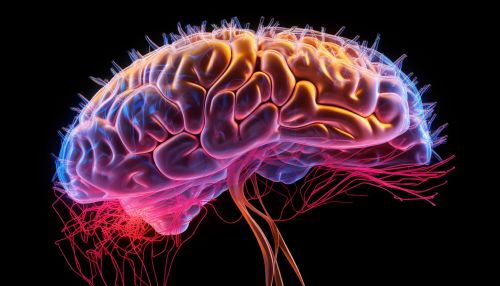Cognitive Mechanisms of Cognitive Strategies in Problem Solving
Overview
Cognitive strategies in problem solving are mental processes or techniques that aid in the acquisition, organization, or use of information. These strategies are crucial for learning and cognitive development, and they play a significant role in problem-solving tasks. Cognitive strategies can be innate or learned, and they can be conscious or unconscious processes. They include processes such as attention, memory, and reasoning.
Cognitive Mechanisms
Cognitive mechanisms are the underlying mental processes that enable cognitive strategies. These mechanisms include perception, attention, memory, and reasoning. Each of these mechanisms plays a crucial role in problem-solving tasks.
Perception
Perception is the cognitive mechanism that processes sensory information and interprets it. It involves recognizing and interpreting sensory stimuli from the environment. Perception is crucial in problem-solving as it allows individuals to identify the problem and gather relevant information.
Attention
Attention is the cognitive mechanism that selects and focuses on specific information. It involves the ability to concentrate on specific details while ignoring irrelevant information. Attention is essential in problem-solving as it allows individuals to focus on the problem and the relevant information needed to solve it.
Memory
Memory is the cognitive mechanism that stores and retrieves information. It involves the ability to remember past experiences or learned information. Memory plays a significant role in problem-solving as it allows individuals to recall relevant information or past solutions that can help in solving the problem.
Reasoning
Reasoning is the cognitive mechanism that processes information and makes decisions. It involves the ability to think logically, make inferences, and draw conclusions. Reasoning is crucial in problem-solving as it allows individuals to analyze the problem, generate possible solutions, and choose the best solution.


Cognitive Strategies in Problem Solving
Cognitive strategies in problem-solving involve the use of various cognitive mechanisms to solve problems. These strategies can be categorized into different types, including heuristic strategies, algorithmic strategies, and trial and error.
Heuristic Strategies
Heuristic strategies involve the use of rules of thumb or mental shortcuts to solve problems. These strategies are efficient and quick, but they may not always lead to the correct solution. Heuristics can be useful in problem-solving tasks where speed is more important than accuracy, or where the problem is too complex to solve algorithmically.
Algorithmic Strategies
Algorithmic strategies involve the use of step-by-step procedures to solve problems. These strategies are systematic and thorough, and they always lead to the correct solution if the algorithm is correct and properly applied. Algorithms can be useful in problem-solving tasks where accuracy is more important than speed, or where the problem can be solved through a deterministic process.
Trial and Error
Trial and error is a problem-solving strategy that involves trying different solutions until the correct one is found. This strategy can be time-consuming and inefficient, but it can be useful in problem-solving tasks where the number of possible solutions is small, or where there is no known algorithm or heuristic that can solve the problem.
